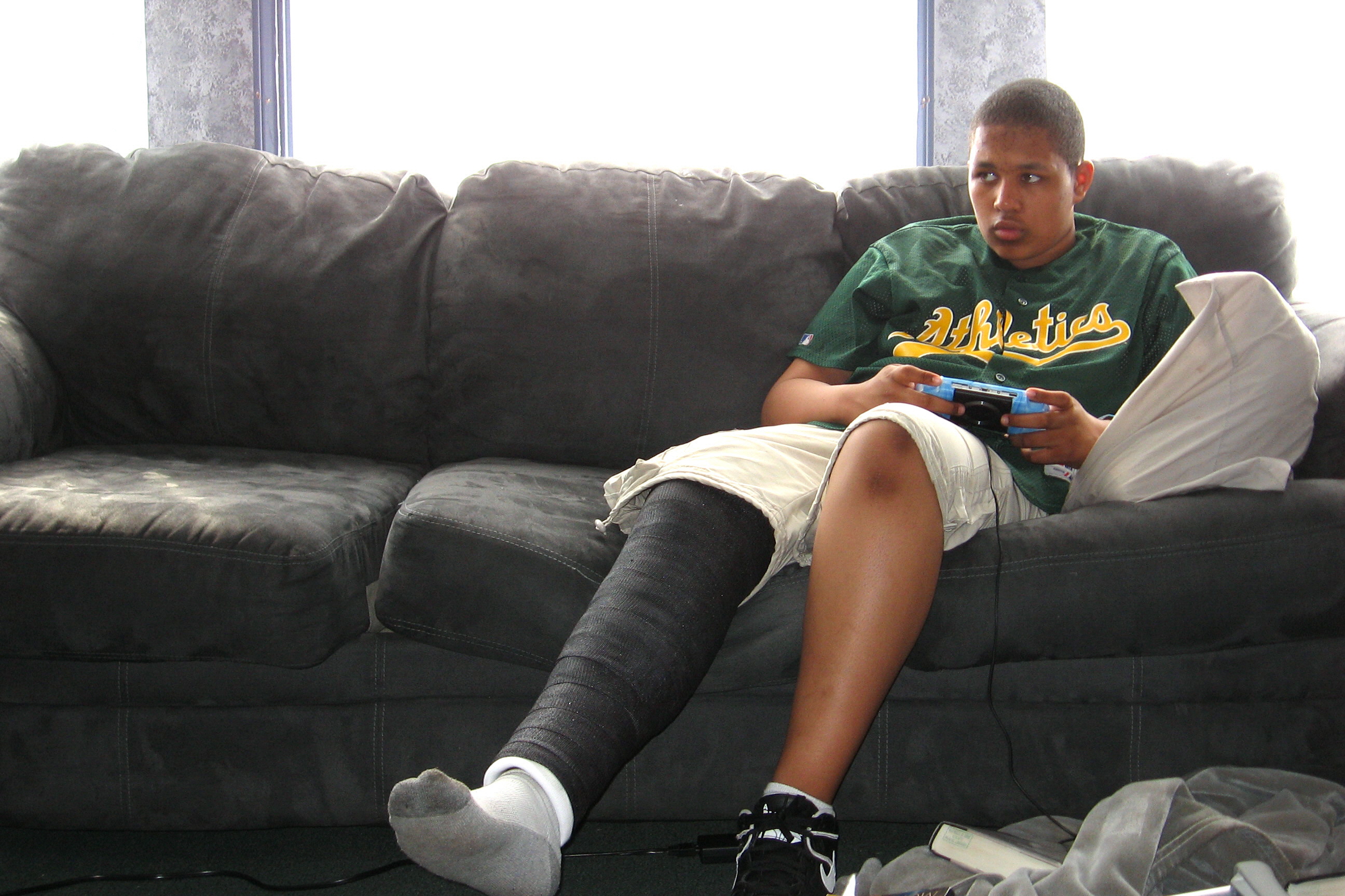Most people would agree that training to be really good at one specific thing makes you unique. For example, people may study hard to master one specific foreign language. Or, a doctor may specialize to become a surgeon only for knee injuries. However, this notion isn’t always beneficial, especially for young elite athletes who are also part-time students training competitively in their respective sports.
Philip von Rosen, researcher at the Karolinska Institutet Department of Neurobiology, Care Sciences and Society, surveyed 680 young elite athletes playing various sports all around Sweden. Rosen discovered that about 30% of these athletes suffered an injury each week. By the time a year has complete, almost all the athletes sustained at least one injury, and three out of four athletes indicated a more critical injury. Furthermore, Rosen explained that female athletes were worse off; they had higher rates of injuries and longer recovery times than males. To make matters worse, female athletes with low self-esteem and lack of sleep, in combination with high-intensity training, doubled their risk of injury.
Image source: Shoji Fujita
One reason these elite athletes suffer injuries at higher rates is that they are simply playing sports for longer periods of time and at higher intensities than your everyday high school athletes. Therefore, these elite athletes are putting more wear and tear on their bodies, explaining the higher injury risks. In addition, athletes sleeping an insufficient number of hours are more prone to injuries because they are not allowing their bodies enough time to recover before hitting the field again. Lastly, in regard to female athletes being more affected, one possible reason is that teenage girls may be more prone to doubting themselves. When athletes become more self-conscious and constantly have negative thoughts, these can take a toll on their bodies when out on the field.
Rosen’s take-home message is that a school’s medical staff needs to take a more proactive approach to this issue. This means implementing more preventative measures and methods for early detection of injuries. Maintaining health not only physically but also mentally is important as the body can only go so far if the mind is improperly functioning. Improving someone’s mental health could be as simple as offering words of encouragement.
Feature Image Source: “Fancy Black Fiberglass Cast” by Poppy










